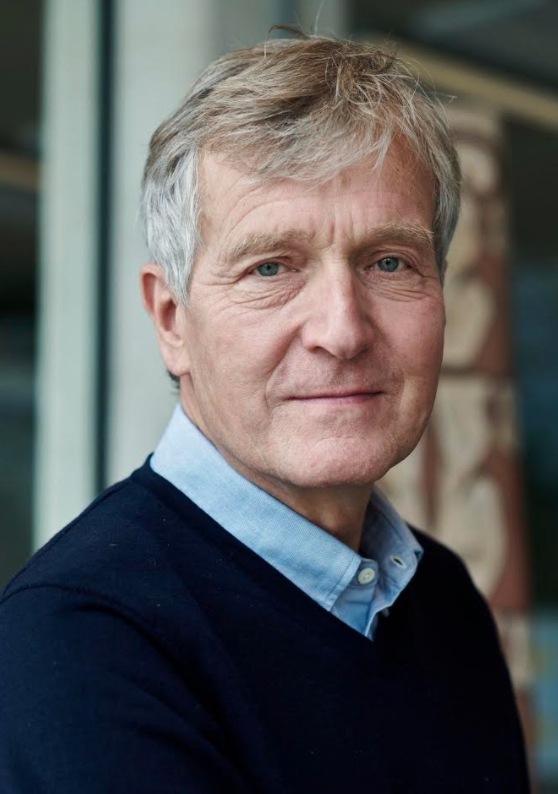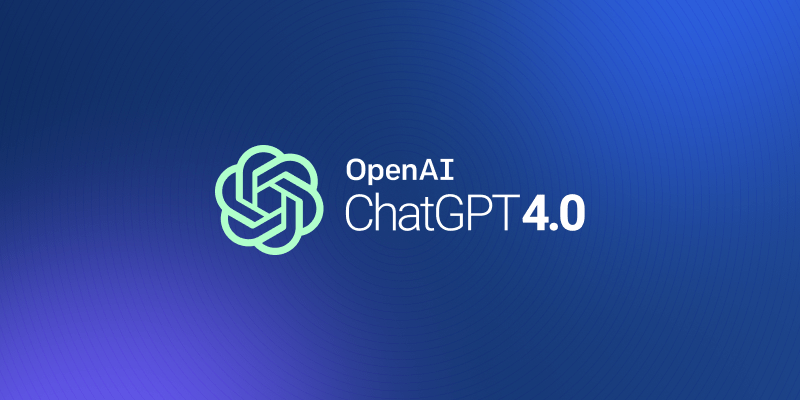Redefining Translation in the Tech-Hub of the World
11/04/2019
After an open debate about the alliance between human and machine in localization in Silicon Valley, very interesting findings surfaced. Is MT a true disruptor in the history of translation? How do continuous content flows affect the user experience? This article brings you the perspectives presented by some of the brightest minds of the translation industry.
Author
_small.jpg)
Helen Jung is a localization project coordinator at MediaLocate and a graduate student at the Middlebury Institute of International Studies at Monterey. She is passionate about delivering the best possible localized user experience to a global audience and hopes to contribute her skills and knowledge to bridge linguistic and cultural gaps between different parts of the world. Born in South Korea and raised in California, Helen likes to paint for fun and has a lifetime goal of becoming fluent in at least five languages.
Related Articles
16/05/2023
Understanding our new leap in Artificial Intelligence and its impact on the industry.
31/03/2023
How is ChatGPT being used by the translation industry and is it really fit for the purposes of machine translation or language data for AI applications?
30/06/2022
TAUS recently launched DeMT™. This article provides context and more information on this recipe for improved MT.



